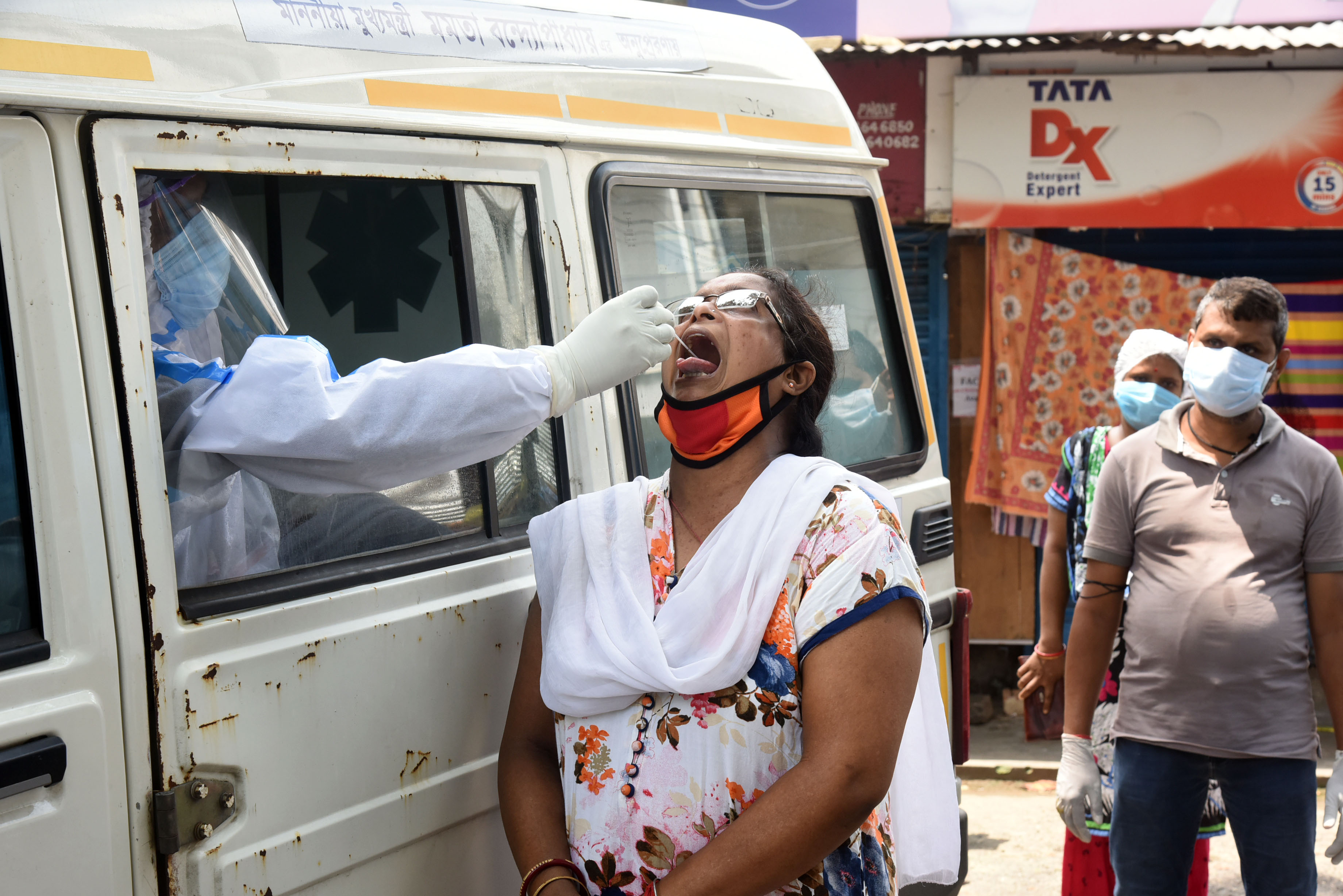They’ve also dimmed each other’s ability to observe and to spy on critical regions of their countries
In shutting each other’s consulates, the United States and China have done more than strike symbolic blows in their escalating feud. They’ve also dimmed each other’s ability to observe and to spy on critical regions of their countries. For the United States, the loss of the Chengdu mission in southwestern China will, among other things, cloud its view of Tibet, a region where Buddhist residents say Beijing is eroding its culture and its traditional independent streak. China says Tibet has been its territory for centuries.
For China, the loss of its mission in Houston dims its view of America’s South and, according to U.S. officials, removes the nerve center of a Chinese spying network. While the impact of the consulate closures has yet to be fully felt by either side, it will be. “We’ll be flying blind if not with very dark glasses and so will they,” said Beatrice Camp, a retired career diplomat who served as consul general at the U.S. consulate in Shanghai from 2008 to 2011.
The closures of the consulates up the ante in the diplomatic confrontation, with the Trump administration turning up the heat on China in the midst of an already heated rivalry that has been exacerbated by the coronavirus pandemic and ahead of the November U.S. presidential election and Beijing responding in kind.
























